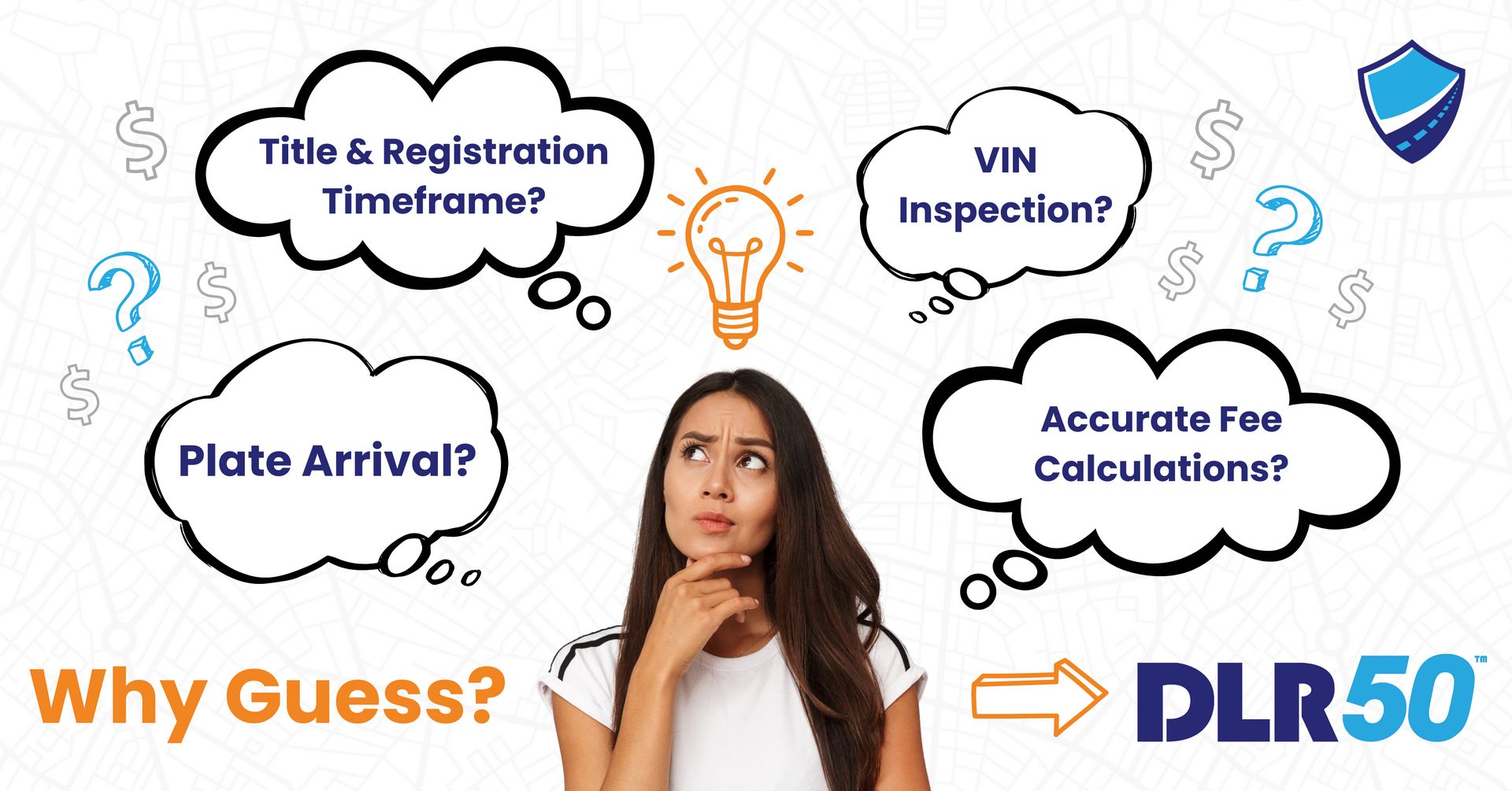Google Ads is cracking down on misleading pricing practices with stricter transparency requirements—a move that could help build consumer trust as dealers continue to make strides in improving customer satisfaction.
The details: Starting October 28, dealers using Google Ads must clearly disclose full costs and payment models before and after purchase, while clarifying any false or misleading impressions of a car or service’s cost—taking direct aim at dishonest sales practices across all business sectors.
The new policy prohibits bait-and-switch tactics—deceptively advertising a product or service at an unrealistically low price to lure customers, with no intent to sell at that rate.
It forbids price exploitation—charging vulnerable customers excessive rates by leveraging their immediate needs or lack of reasonable alternatives to pay the market price.
The new guidelines prohibit businesses from labeling paid apps as “free” when there’s a price associated with downloading.
It bans promoting a free trial without clearly disclosing the trial period or that charges will apply afterward.
Google will begin enforcing the policy update on October 28, 2025, with full enforcement ramping up over a four-week rollout period. Businesses that violate the guidelines will receive a seven-day warning before account suspension.
What they’re saying: “This change is beneficial not only for car shoppers but also for good dealers who are eager to provide great cars, fair prices, and excellent ownership experiences,” said David Spisak, an automotive consultant, via LinkedIn.

David Spisak
Why it matters: By eliminating deceptive tactics and forcing clear cost disclosures, Google Ads’ new policy levels the playing field for honest dealers while protecting consumers from bait-and-switch pricing schemes and misleading digital ads.
OUTSMART THE CAR MARKET IN 5 MINUTES A WEEK
Get insights trusted by 55,000+ car dealers. Free, fast, and built for automotive leaders.
Between the lines: Google’s stricter ad guidelines come as dealers continue to improve the car-buying process and boost consumer trust, according to a recently released Cox Automotive satisfaction report.
Shopper satisfaction with car buying rose eight percentage points, from 60% in 2016 to 68% in 2024.
The buying process has become more positive, especially during historically difficult steps such as negotiating price, trade-in value, and financing terms.
Buyers who transition from online to in-store experiences now report smoother, more transparent interactions—thanks to better-integrated dealer platforms.
Bottom line: Google’s new ad policy aligns with the progress dealers have already made toward greater transparency, helping to ensure cleaner, more honest advertising. The update strengthens trust between dealers and consumers—while keeping Google’s platform credible.
A quick word from our partner
Why guess, when you can know?
Get more from your title and registration process with DLR50™ by DLRdmv®.
How long does lien perfection take?
When will customers get their plates?
How do I know when the vehicle is titled & registered?
Is a VIN inspection required?
How do I communicate these needs with my buyers?
Stop guessing on out-of-state deals. Schedule a demo and get 30 days of free unlimited access to DLR50. Use code News30 at DLRdmv.com/CDG to start.












